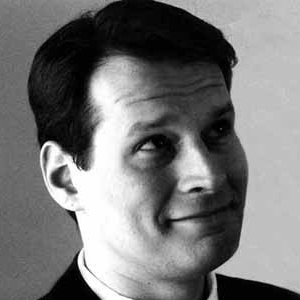Most of you know that I follow, and often comment on, John Michael Greer’s blog The Archdruid Report. This past week the subject of civil war came up.
JMG,
One of the reasons why I’ve tried to ignore most of the political news coming from my native USA these days is that I dislike hearing many of my friends – some of whom support Sanders, some Clinton, some Trump, and so on – chat blithely about a “revolution” or a “civil war.” Most say they fear such a thing happening in the USA, but most don’t think about how they are contributing to the fear. Moreover, most have never seen a war and with little idea of what hardship might be like outside of images from glowing rectangles.
I’m not dismissing the many conflicts that US soldiers have been sent to, of course – Iraq, Vietnam and so on – just that they were smaller, localised, far away, unpopular and too easily ignored. The last time the entire nation – home front and all — took part in a war was World War II, and we have seen no battles on our home soil since the days of the telegraph.
People on this side of the Atlantic seem to have fewer romantic fantasies about violence; British and Continentals saw unprecedented horrors right at home, and even neutral Ireland saw a revolution, civil war and 30-year terrorism campaign within living memory. Such unpleasant memories seemed to stamp out Europeans’ more 19th-century martial impulses, at least for now.
In my native USA, by contrast, people grow up surrounded by depictions of violence; our fiction tends to revolve around rebels taking down an orderly state through violence, whether Star Wars or Hunger Games, Ayn Rand or Left Behind. Increasingly people live not in the physical world of gardens and neighbours, bus stops and sidewalks, but in a world of video games, television and other such images of romanticised combat, while their non-fictional world of social media and “news” stokes a slowly growing sense of anger and imminent danger. Lashing out violently, for many people I know, is no longer a fear – it is a fantasy.
When I lived back in the USA, I knew a few elderly hippies who boasted of their glory days in the 1960s, when they play-acted at revolution and pointed guns at police officers, and couldn’t understand why I was repelled by their “war stories.” Back then they were unusual; today, however, many Americans – from many political and culture-war factions — engage in the same kind of live-action role-playing, carrying heavy weapons in public or threatening each other with violence from a redoubt of safety.
The interesting thing is that it all seems so unnecessary; as I wrote in my piece on Ferguson, Americans remain quite wealthy compared to most of the world, and there’s no external reason why we should fall apart, except that we feel we must. Many people are struggling, of course, but most still have a standard of living far better than most eras, or most countries in this era.
Most of my countrymen have toys that their grandparents would consider magical, live in homes larger than the Biblical Temple of Solomon, and enjoy relative safety and long life. People perceive themselves, however, as being in imminent danger and deeply impoverished – and the more people believe those things, the more they will be true.
I mentioned in my comment last week that my daughter and I play “Fact vs. Truth” as a game, where facts are provable or tangible realities, and truths are the beliefs, values and perceptions that shape how we interpret facts. With that in mind, my own country is in a strange situation: prosperous in fact, increasingly desperate in truth.
Photo: Irish families undergoing actual hardship.







